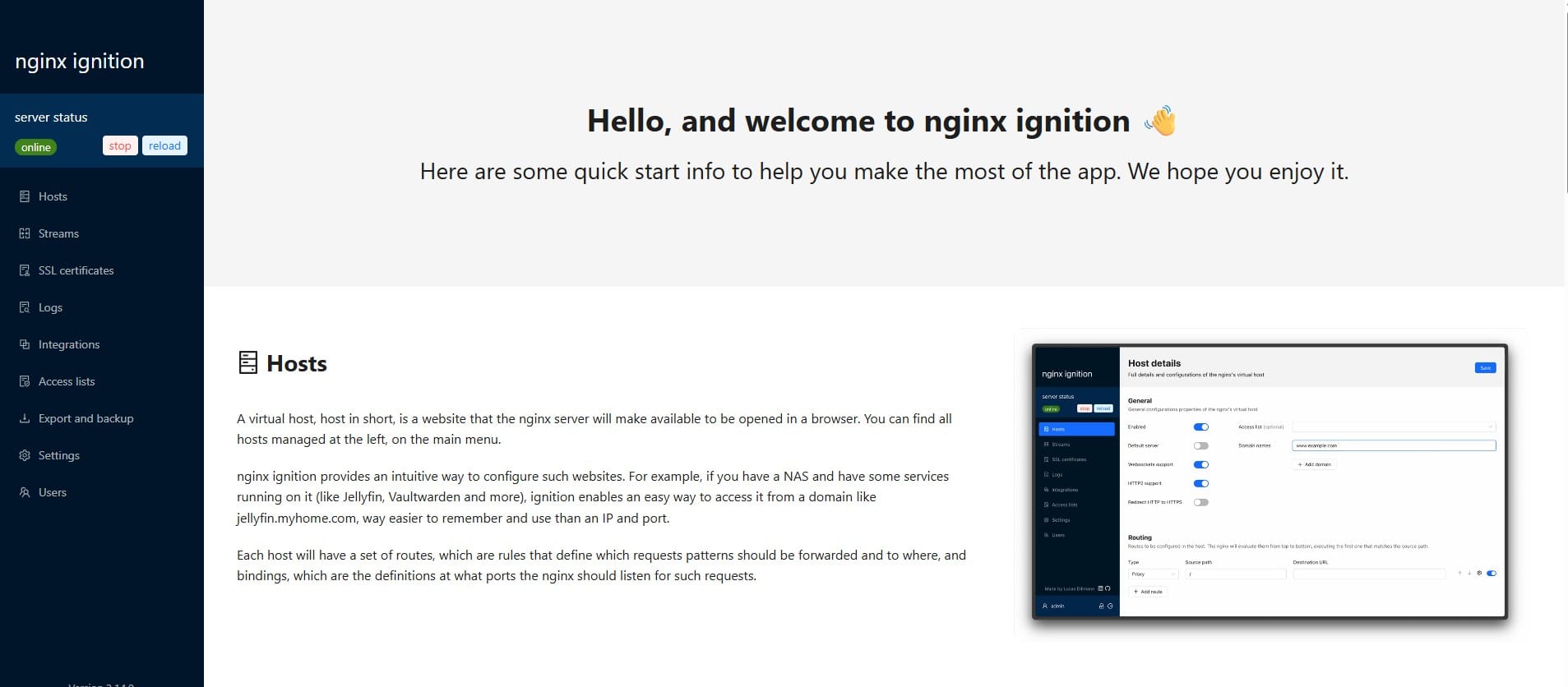How to Install n8n with Docker-compose on Ubuntu

n8n is a powerful, free, and self-hosted workflow automation tool that simplifies and automates tasks across various applications and services. It allows users to create complex workflows without needing extensive coding knowledge.

Prerequisites:
Before starting, ensure Docker and Docker Compose are installed and running on your Ubuntu system.
Follow these steps to install it on Ubuntu with Docker compose:
Step 1: Create a directory for n8n:
Run the following command to create a directory and navigate into it:
mkdir n8n && cd n8nStep 2: Configuration Database:
Option 1: Use n8n with the Default SQLite Database:
- Create a
docker-compose.ymlfile:
sudo nano docker-compose.yml- Add the following content to the file:
version: '3.9'
volumes:
n8n_data:
services:
n8n:
container_name: n8n
image: docker.n8n.io/n8nio/n8n
restart: always
ports:
- "5678:5678"
environment:
- N8N_SECURE_COOKIE=false
volumes:
- n8n_data:/home/node/.n8nOption 2: Use n8n with an Existing PostgreSQL Database:
n8n- Create a
.envFile:
sudo nano .envStore the default database connection details (host, username, password, etc.) to a .env environment file.
Add the following content to the file, replacing placeholders with your actual PostgreSQL credentials:
POSTGRESDB_HOST=<PostgreSQL_Host_IP> # IP address of the PostgreSQL server
POSTGRESDB_PORT=<PostgreSQL_Port_Number> # Port number for PostgreSQL (default is 5432)
POSTGRES_DB=n8n # Name of the PostgreSQL database
POSTGRES_USER=<Non_Root_User> # PostgreSQL Username
POSTGRES_PASSWORD=<Password> # PostgreSQL Password- Create a
docker-compose.ymlFile:
sudo nano docker-compose.ymlAdd the following content to the file:
version: '3.9'
volumes:
n8n_data:
external: true
services:
n8n:
container_name: n8n
image: docker.n8n.io/n8nio/n8n
restart: always
ports:
- "5678:5678"
environment:
- N8N_SECURE_COOKIE=false
- DB_TYPE=postgresdb
- DB_POSTGRESDB_HOST=${POSTGRESDB_HOST}
- DB_POSTGRESDB_PORT=${POSTGRESDB_PORT}
- DB_POSTGRESDB_DATABASE=${POSTGRES_DB}
- DB_POSTGRESDB_USER=${POSTGRES_USER}
- DB_POSTGRESDB_PASSWORD=${POSTGRES_PASSWORD}
volumes:
- n8n_data:/home/node/.n8n
Step 3: Create external data folder
Create the external Docker volume that's defined as n8n_data. This volume is used to store persistent data for n8n, such as the SQLite database file (if using SQLite) and the encryption key. This setup ensures data is retained even if the container is recreated or updated.
sudo docker volume create n8n_dataStep 4: Start n8n using Docker Compose:
Save and exit the file, then run the following commands:
sudo docker-compose up -dThat’s it! n8n should now be running on your system. You can access it by opening http://<Your_Server_IP>:5678 in your browser.
Do you enjoy this blog post?





